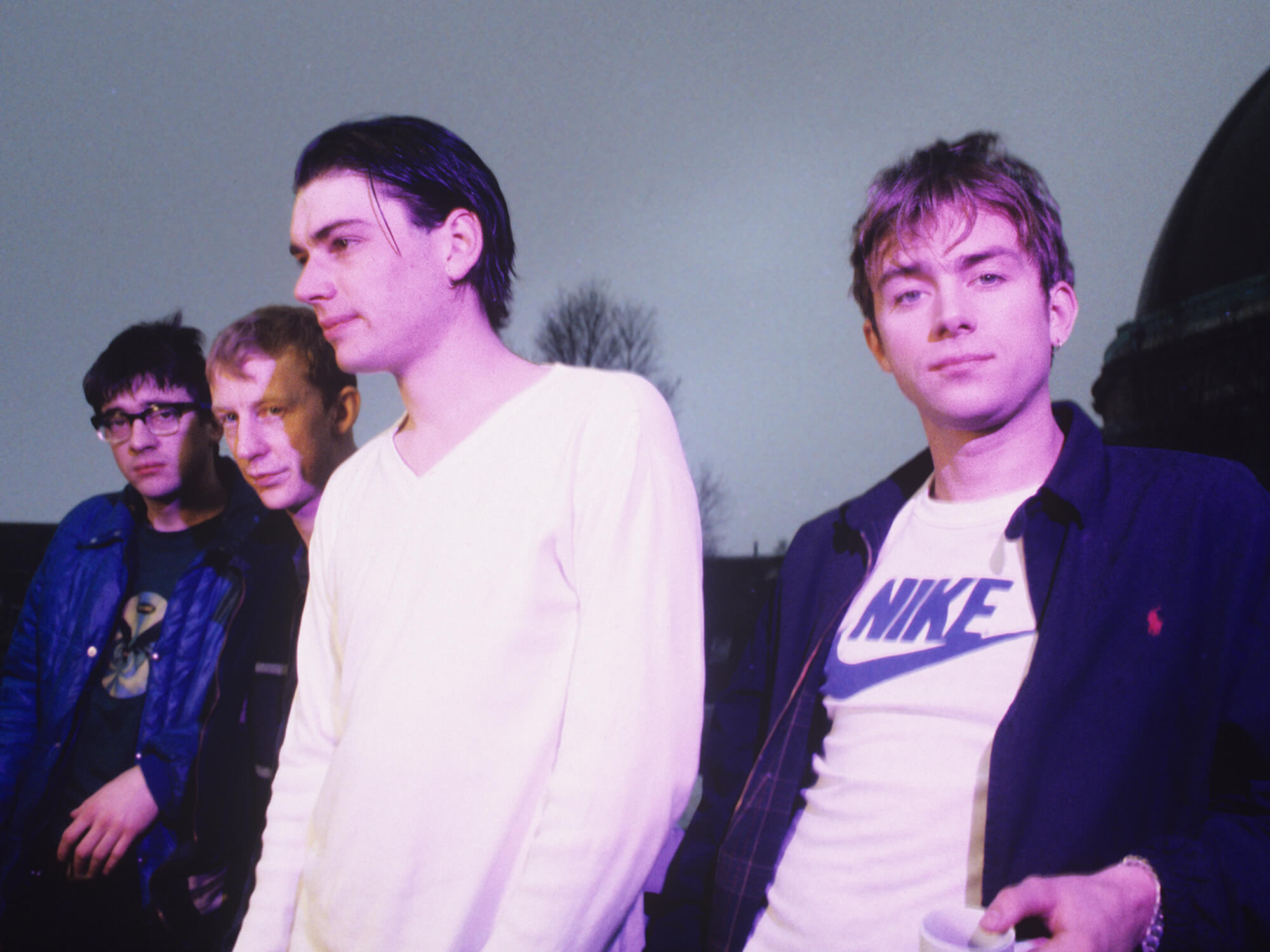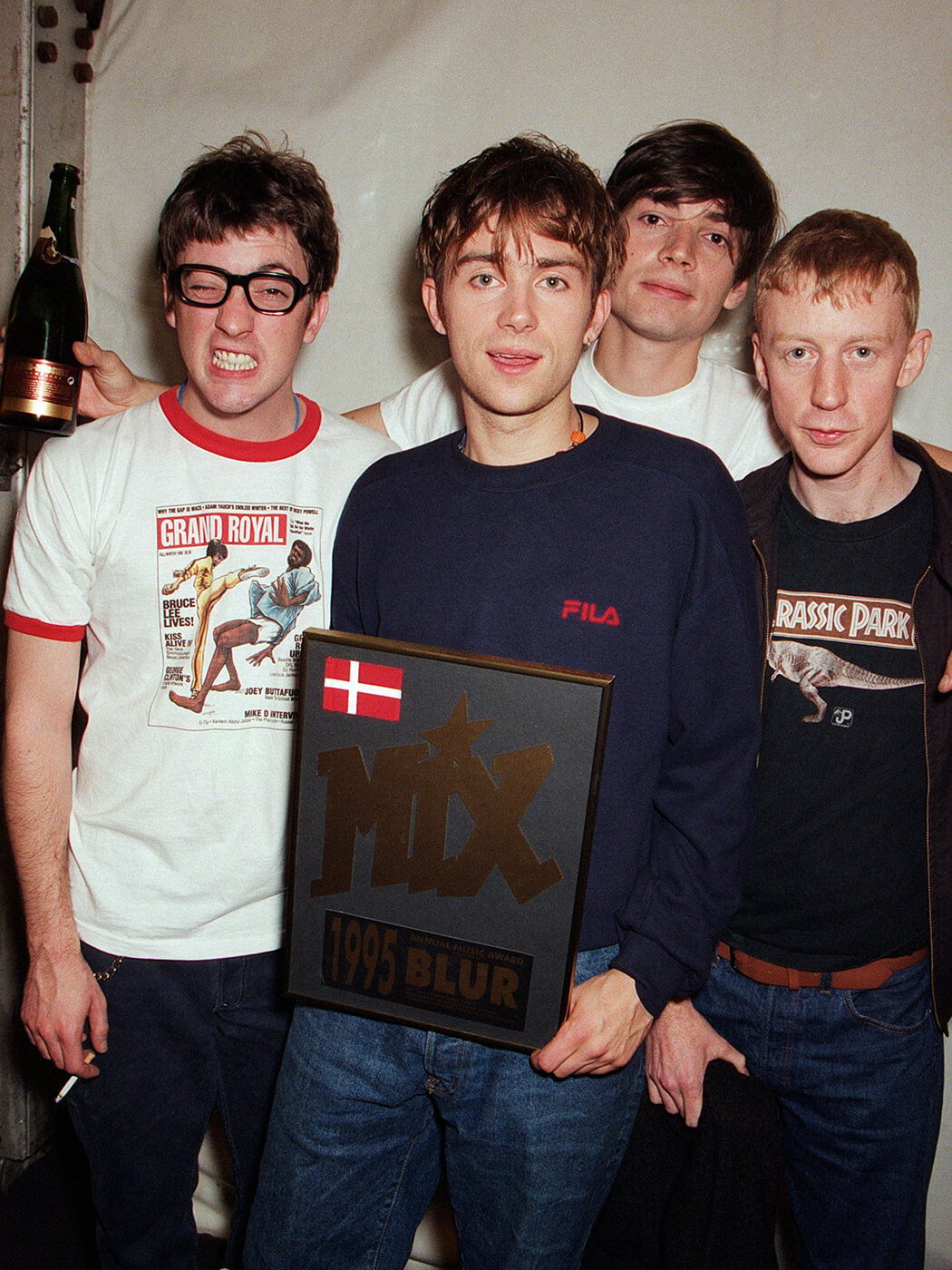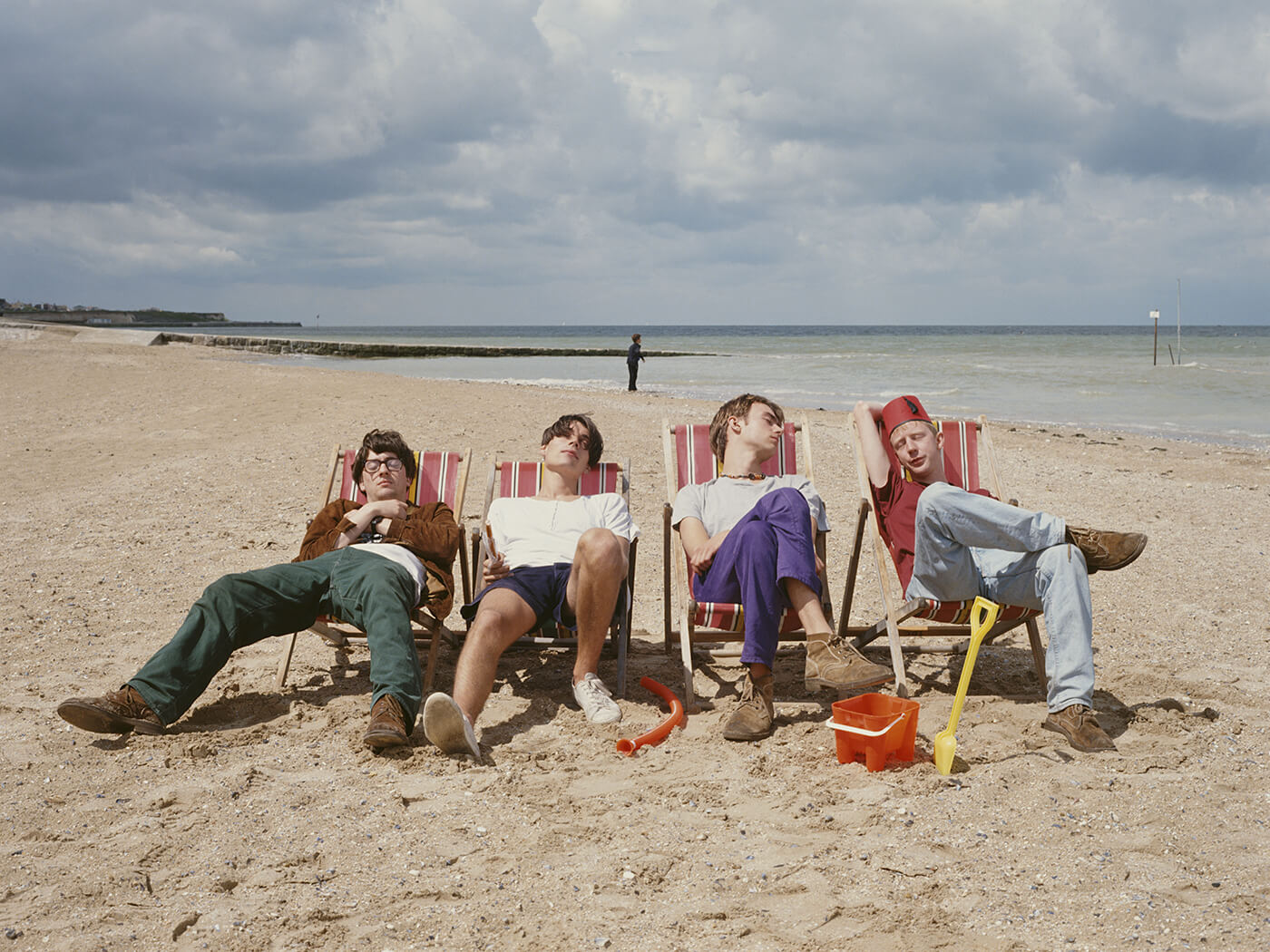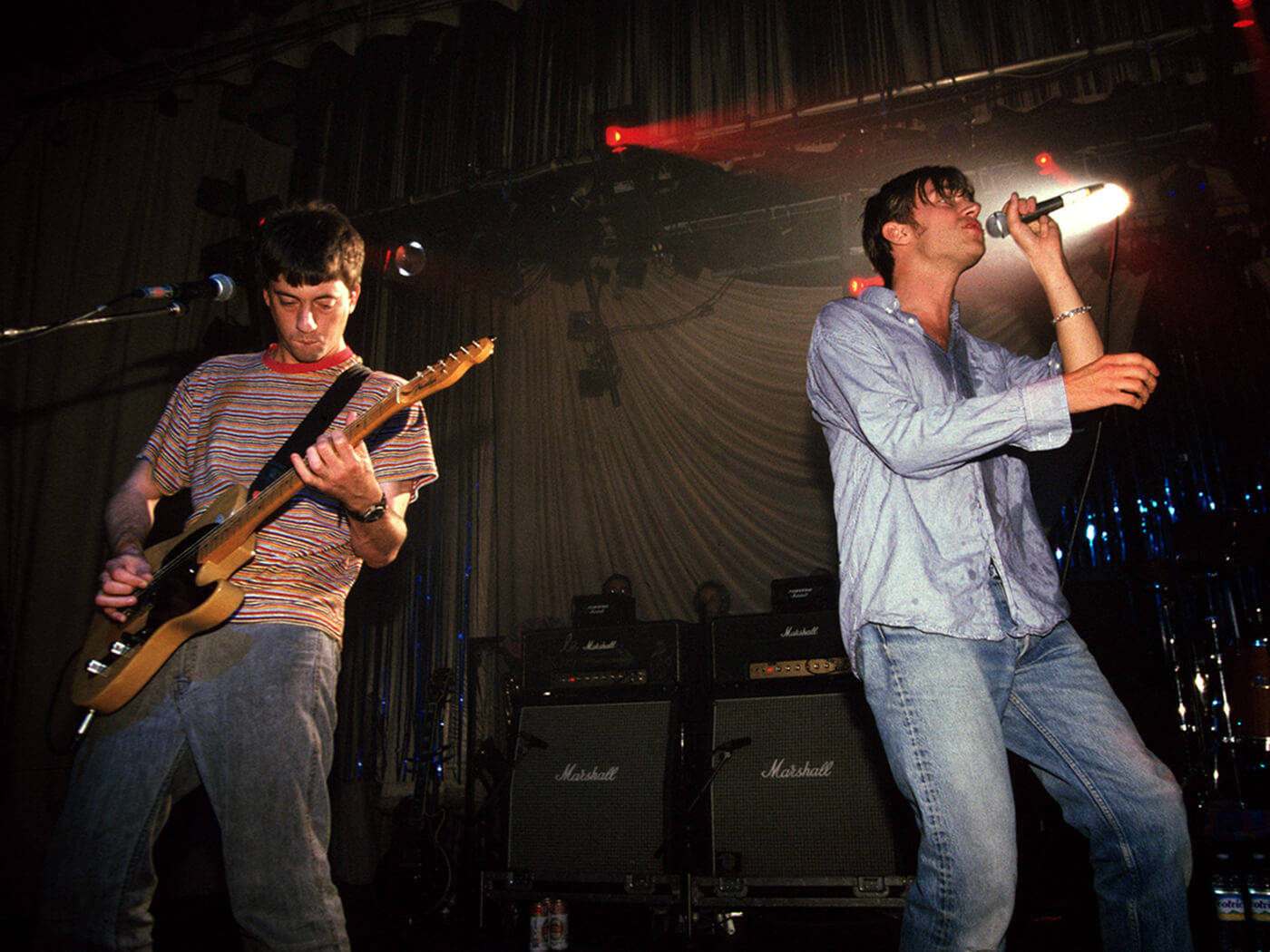Related Tags
The Genius Of… The Great Escape by Blur
The final album before Blur changed their style, is it one of their best?

Blur in 1996. Image: Michel Linssen/Redferns via Getty Images
The last of the trio of Britpop albums Blur released in the 1990s, 1995’s The Great Escape could be the pick of the three.
Melody Maker gave it 12/10, calling it the album of the decade. It got five stars from Q, 9/10 from the NME, and Pitchfork retrospectively gave it 8.2. And, it went triple platinum in the UK less than a year after it came out.
It was also during Blur’s The Great Escape era that the so-called Battle of Britpop occurred. Lead single Country House was released on the same day as Oasis’ Roll With It. Blur won, selling 274,000 copies to Oasis’ 216,000.
And the buzz before Country House was huge. The year previously, Blur found huge success with Parklife – in particular, the title track and lead single Girls & Boys were well-received both critically and commercially.
Country House was the perfect encapsulation of where Blur were at during this moment. The original plan was to make Stereotypes – in the end the third single – the lead single, but after a gig at Mile End Stadium, the crowd reaction told them that Country House deserved to be out first.

A bouncy, tongue-in-cheek anthem, it was inspired by Blur’s old manager, David Balfe, who did indeed buy a “very big house in the country” after he left Food Records. And even back then, the Battle of Britpop had associations of region and class attached to it. Oasis were the working-class northerners. Blur were the middle-class southerners. But they very nearly weren’t even Britpop at all.
After their first album, the baggy, Madchester-inspired Leisure, flopped – they weren’t the next Stone Roses or even the next Jesus Jones – the band changed tack and took inspiration from 1960s guitar pop and classic British bands.
First came Modern Life is Rubbish, then Parklife, then finally The Great Escape, finishing off the ‘Life’ trilogy before Blur went in a slightly different location with their 1997 self-titled album. It didn’t completely fly in the face of Britpop, but it was a transitional album that paved the way for the band’s continued experimentation.

Originally, Blur wanted The Great Escape’s title to contain ‘Life’, like the two albums which preceded it, but they were running out of time to make a decision, and The Great Escape it became.
It takes the form of a concept album about loneliness and detachment, and much of it is about Albarn himself. Country House is possibly the best song on the album, and one of Blur’s best loved tracks, but then there’s Dan Abnormal – an anagram of Damon Albarn – one of the most autobiographical songs on the record. And that’s before we get to Ernold Same, which featured then-MP, and future Mayor of London, Ken Livingstone in the ‘it wouldn’t happen today’ guest slot.
Charmless Man, the fourth and final single from the album is another stone-cold classic, while Mr. Robinson’s Quango has some entertaining lyrics that take aim at the titular character, a fictional right-wing politician.
And then there’s The Universal – a track that has become the vehicle for so many iconic live moments for the band. It was the song that closed their legendary Glastonbury headline set in 2009, and it remained the closer for their massive Wembley Stadium gigs this year.

The song was, remarkably, born as a ska track during the Parklife sessions, but when the band picked it back up for The Great Escape they were about to give up, until Albarn had the idea for a string section. The rest, as they say, is history – for many it’s the band’s magnum opus, a soaring epic summation of The Great Escape in its most literal and idealised form.
The Great Escape is not only one of the seminal Britpop albums, but the perfect way for Blur to sign off from their Britpop era with everything coming together perfectly. Alex James is, simply put, a very good bassist – and slightly underrated – with his catchy, melodic basslines. Take Fade Away, for example, on which he really brings the song together.
And then, of course, there’s Graham Coxon, Blur’s lead guitarist. His unique style has been a big part of what set them apart from their Britpop rivals. It’s no surprise that he first cut his teeth on instruments like the clarinet and the saxophone, while he’s always been fond of an effect or two on his favourite Fender Telecasters.

Damon Albarn said in 2018 that he’s never been satisfied with his singing voice, but he’s able to show it off on The Great Escape, while Dave Rowntree, as ever, is solid on the drums.
Seldom would two Blur fans easily agree on a ranking of their best albums, and Albarn’s partner at the time of The Great Escape’s release, Elastica’s Justine Frischmann, described it as a “really, truly awful album – so cheesy, like a parody of Parklife, but without the balls or the intellect” in a 2002 interview, but – you know – you can’t please everyone.
It’s an album that’s certainly stood the test of time. We’re approaching three decades since it came out, and it’s still a well-loved, highly-regarded member of Blur’s discography.
